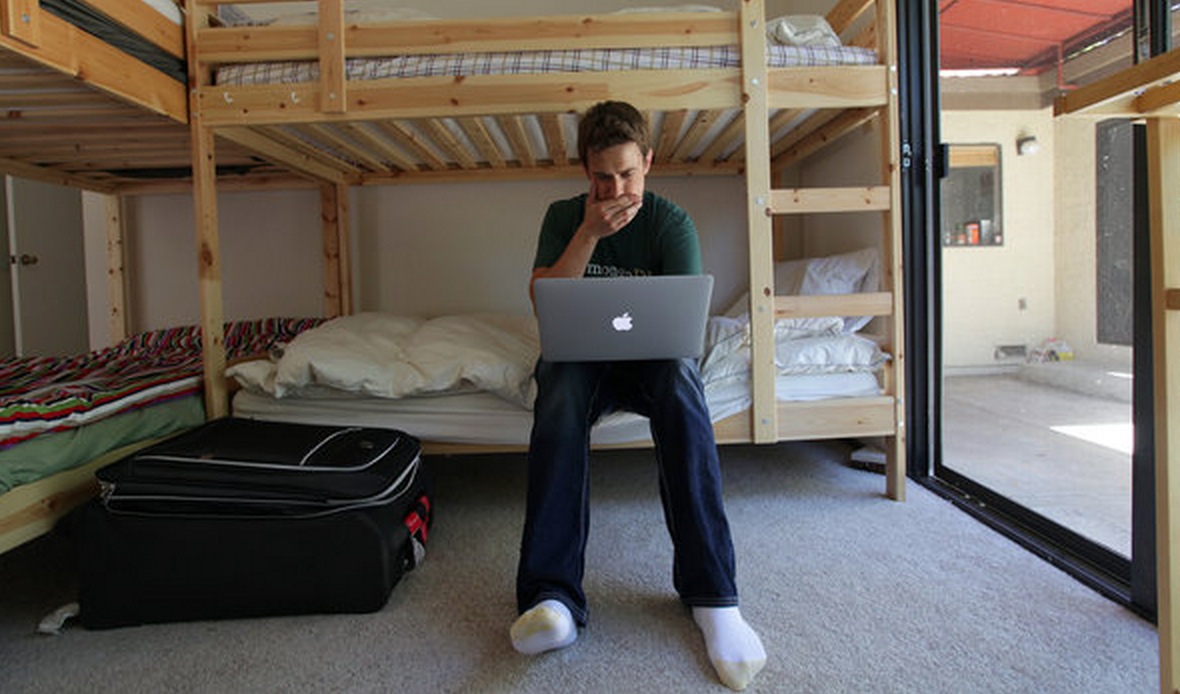Millennials do not harbor any delusions about their economic future. While the vast majority expects to achieve stability at some point, they also know it won’t happen anytime soon.
Six years after the Great Recession officially ended, the U.S. home ownership rate is still at a 20-year low, and most young professionals are resigned to waiting at least three to five years before joining the picket fence club, according to a national Renter Confidence Survey released Thursday by Apartment List.
While 74 percent of millennials said they plan to eventually purchase a house, just 6 percent expect to do so within the next year, and fully three-quarters anticipate having to wait two years or more. (RELATED: College Debt Souring Young Adults on Home Ownership)
Those responses contradict the theory that millennials have been scarred by the Great Recession, leading to reduced interest in home ownership, and suggest that factors like stagnant wages and student debt play a bigger role in keeping them out of the housing market.
Millennials, however, are just part of the picture. Currently, there are about 105 million renters of all ages in America, constituting 36 percent of the population, and with that figure projected to continue growing, the particular interests of renters will likely exert increasing influence on public policy in coming years. (RELATED: Fifty Years of Government Intervention Fails to Boost Home Ownership)
Renters, unsurprisingly, move far more frequently than do homeowners—five times more often, according to the U.S. Census—and consequently have the flexibility to relocate when they are dissatisfied with the community in which they live.
The results of the Renter Confidence Survey are broken down by city and state, offering insights into what attracts renters to a location, which could have important implications for public policy at the local level.
At the municipal level, the factors with the most influence on renter satisfaction were confidence in the local economy, low crime environments, and access to recreation. Interestingly, though, respondents put much less stock in either taxes or the quality of their daily commute, perhaps because they view both as temporary conditions subject to change the next time they move. (RELATED: FINANCIAL CRISIS: Government Keeps Pushing Mortgage Guarantees as Risk Index Rises)
While those findings may indicate that renters are easily driven away from unpleasant locations, they also suggest that states and cities can take steps to make themselves more attractive to renters, who may eventually decide to purchase a home in the area.
“City and state policymakers, business leaders, and community leaders must put themselves in a position to attract and retain this large and growing population,” concluded Andrew Tam, Vice President of Data Science at Apartment List, in a press release.
Follow Peter Fricke on Twitter





2 comments
… [Trackback]
[…] Find More on on that Topic: thelibertarianrepublic.com/millennials-may-have-to-get-used-to-renting/ […]
… [Trackback]
[…] Here you will find 77095 additional Information to that Topic: thelibertarianrepublic.com/millennials-may-have-to-get-used-to-renting/ […]